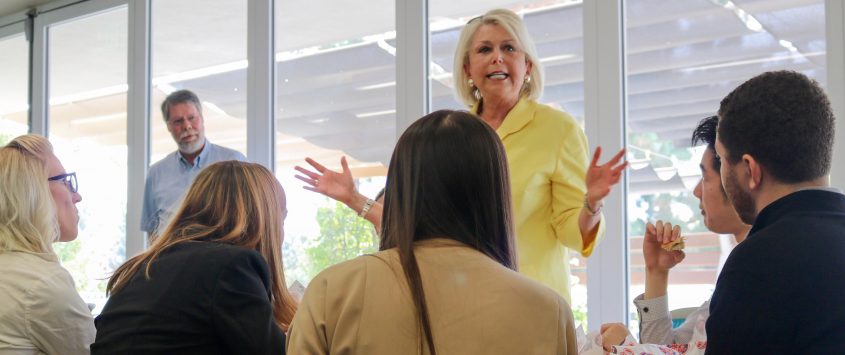
When Congress Comes Calling, UCLA Luskin Students Are All Ears Former lawmakers and their spouses share their insider view of life in leadership and legislation
By Stan Paul
Reaching across the table was good form at a luncheon discussion with a bipartisan group of former members of Congress visiting the UCLA Luskin School of Public Affairs on Oct. 7.
The former U.S. representatives — two Republicans and two Democrats — and their spouses held informal breakout discussions with Luskin Master of Public Policy (MPP) students and undergrads in the school’s Public Affairs minor program. UCLA Political Science graduate and undergraduate students also participated.
“Congress has come to us,” said Mark Peterson, chair of the Luskin School’s Department of Public Policy, as he introduced the guests, all members of the United States Association of Former Members of Congress (FMC). The Washington D.C.-based nonprofit organization is dedicated to promoting an understanding of the role of Congress and the importance of public service in the United States and abroad.
Lynn Schenck (D-CA, 1993-95) shared her experience in public service and fielded questions from students on subjects ranging from the California ballot to emerging democracies.
“Democracy is hard work,” said the UCLA alumna (BA ’67) and lawyer who served in California Gov. Jerry Brown’s cabinet — in his earlier term — and as deputy secretary for the state’s department of business, transportation and housing. She later became the first woman to represent San Diego in the U.S. House of Representatives.
“You have to have an interest in people,” Schenk advised the future leaders and policymakers, stressing the importance of making connections. “Start now — stay in touch with people.”
Joining Schenck and Pete Weichlein, CEO of the Former Members of Congress Association, were Bob Clement (D-TN, 1987-2003), Phil Gingrey (R-GA, 2003- 2015), and Peter Smith (R-VT, 1989-1991), all of whom had a front row seat to the inner workings of Congress and life in Washington. Conversations with the couples buzzed from the start, a wide range of talking points that included this year’s historic presidential election, the economy, social media, taxes, immigration, super PACs and the pressures of fundraising.
Ramandeep Kaur, a first-year MPP student, said she appreciated the opportunity to participate one-on-one in a discussion with a former Republican representative.
“I am definitely not a conservative Republican but this gets me out of my bubble,” said Kaur, who spoke with Gingrey and his wife, Billie.
Also part of that discussion was MPP student Estefania Zavala, who said she gained insights about the difficulty of working across party lines as well as the time and effort spent on running for re-election. “What I took away from the conversation is that the process needs to be streamlined so that our elected representatives can focus on policy and not partisan politics,” Zavala said.
Axel Sarkissian, a political science major completing the Public Affairs minor at the Luskin School, said that hearing about the day-to-day aspect of governing “from the people who did it” was an invaluable experience.
“As a student of government, I study Congress and policymaking from an academic perspective,” Sarkissian said. “Being able to hear the candid thoughts of political leaders who put these things into practice created an interesting frame of reference for my future studies.”
One topic brought up by students dominated the conversation, said Peter Smith, a former representative from Vermont and founding president of Open College at Kaplan University: “Where did all the partisanship come from at the expense of compromise? When did it change and how can we get it back?”
“I was very impressed with their preparation from their studies and their interest,” said Smith, who also served as a state senator and lieutenant governor in Vermont. “They are looking for ways to be involved in public policy that can be productive.”
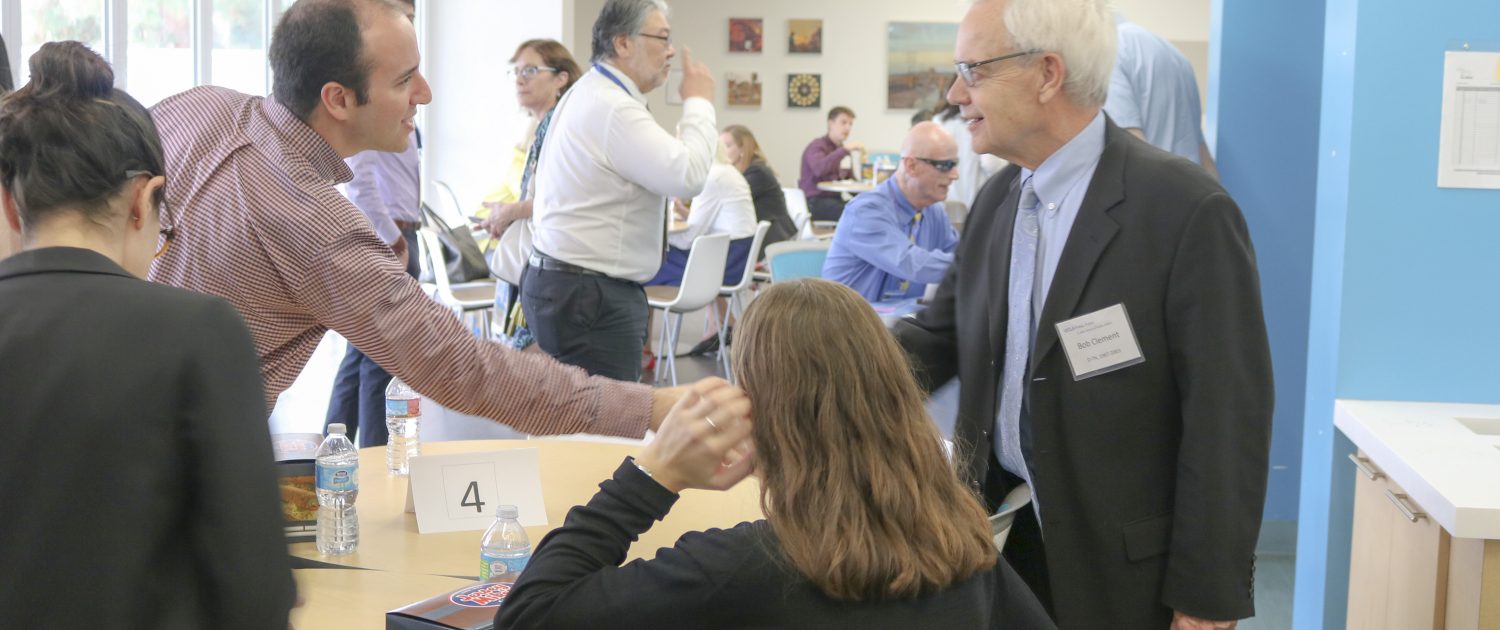


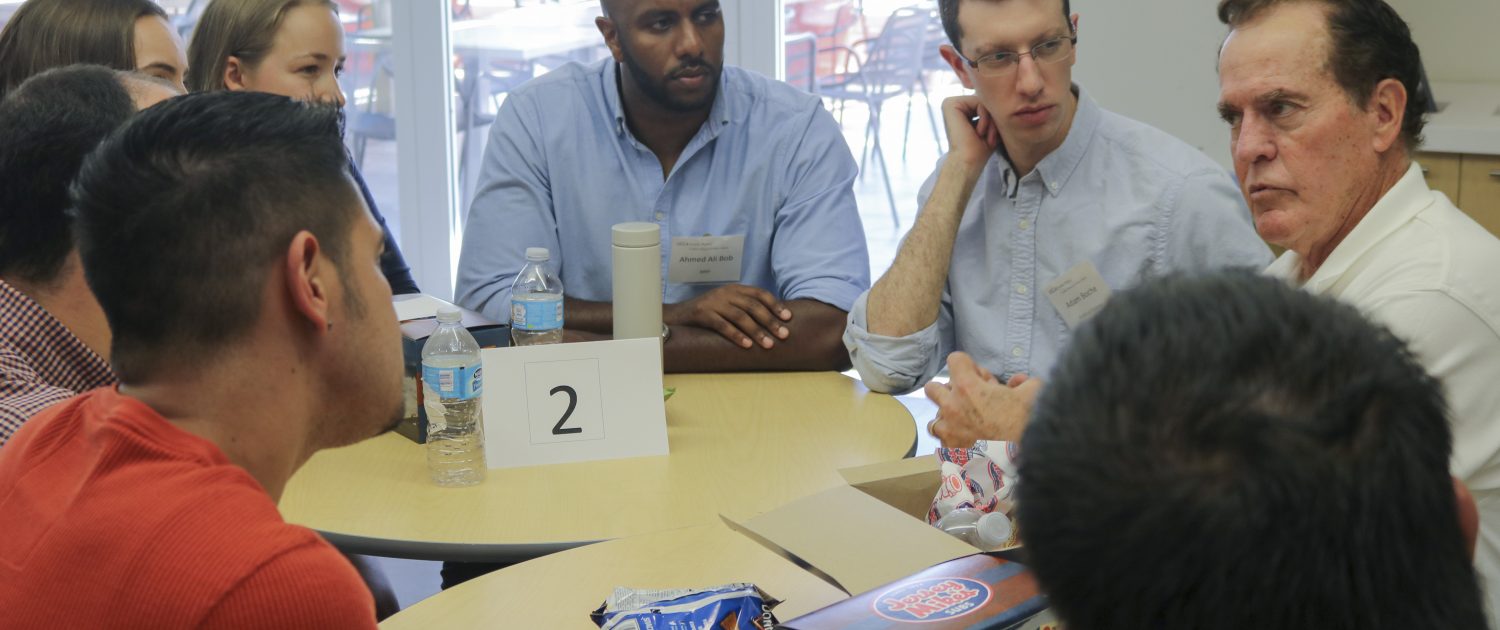

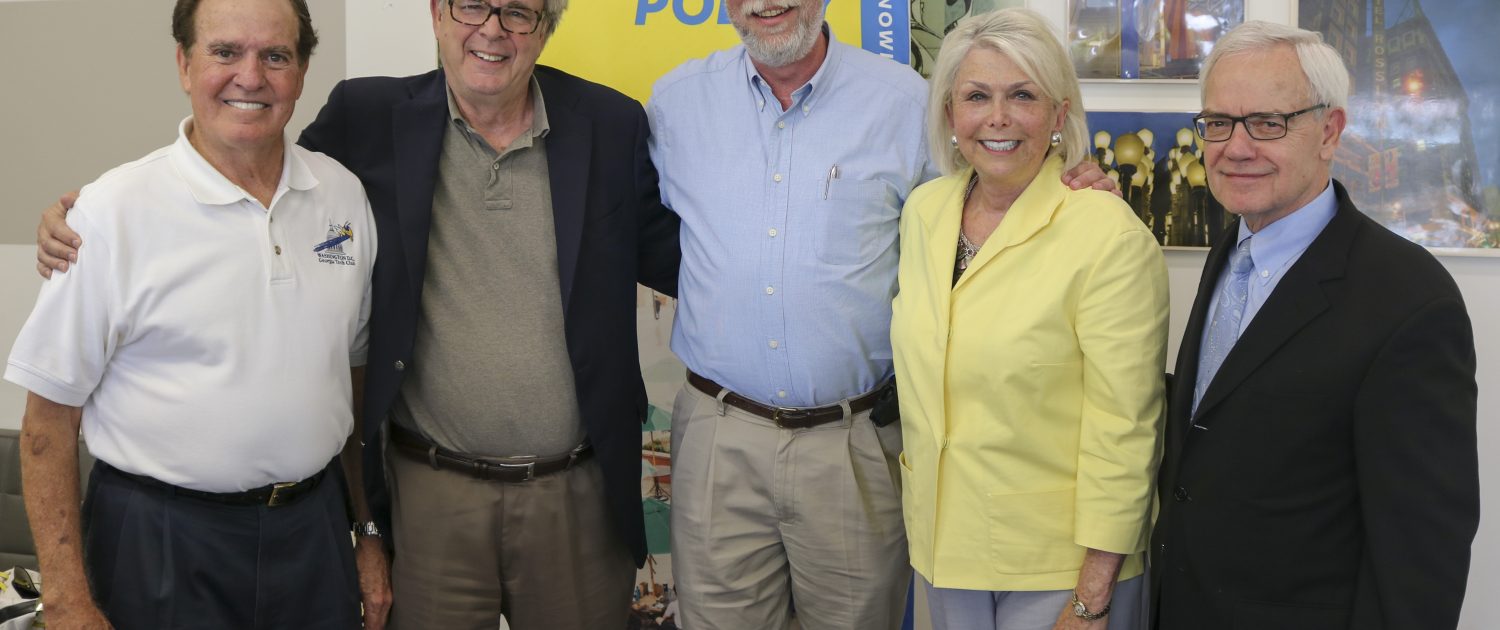

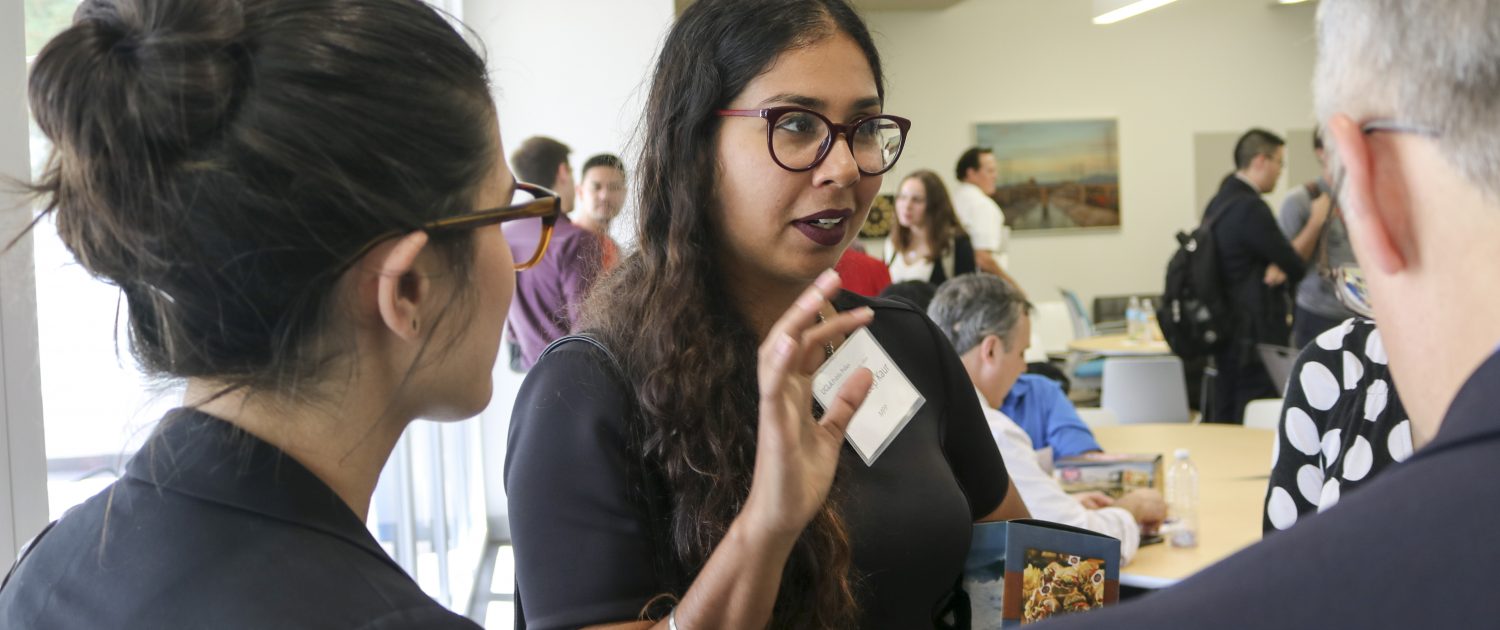

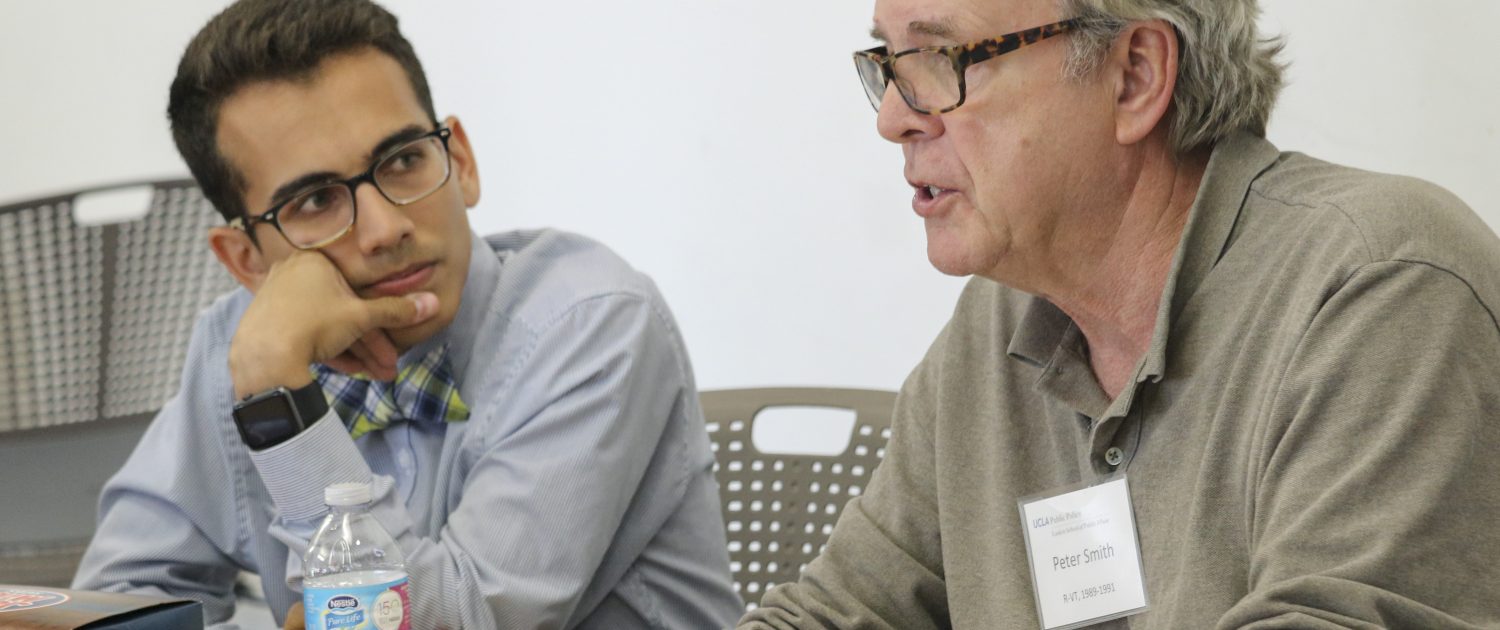

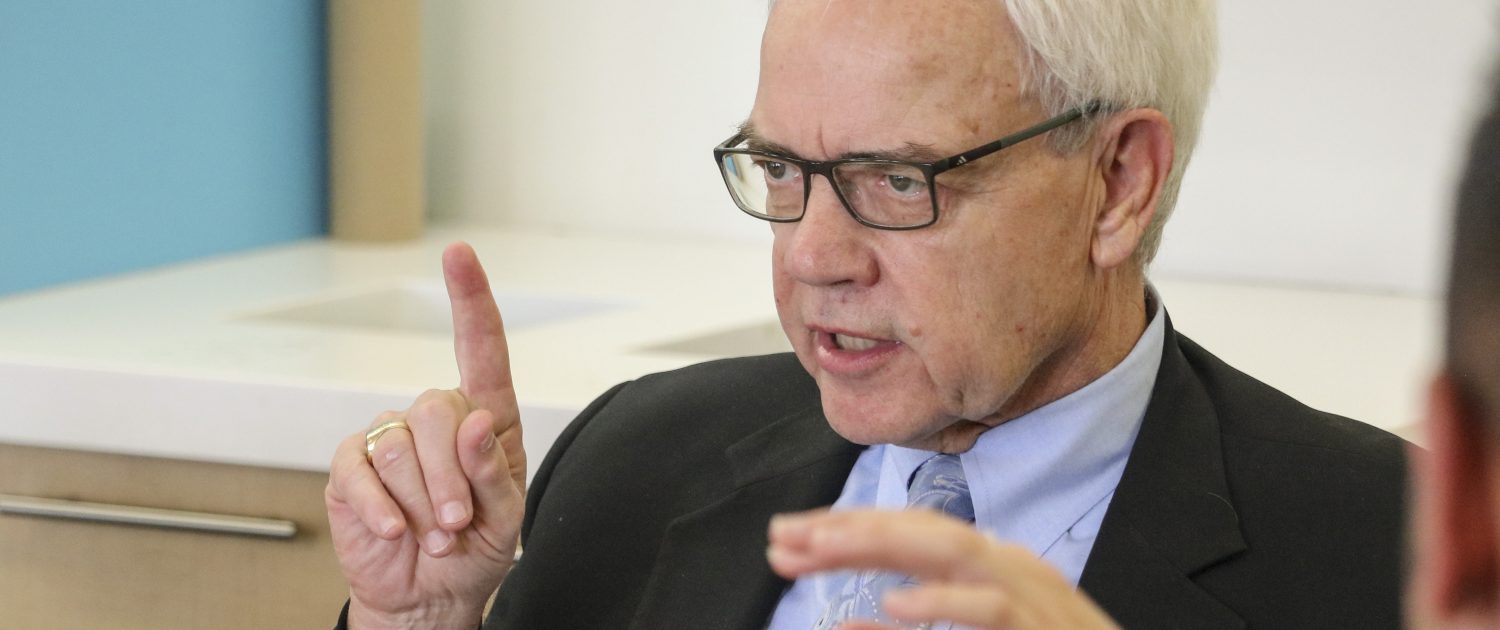
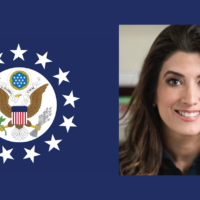

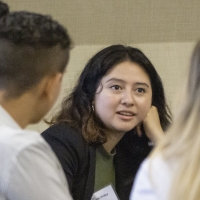
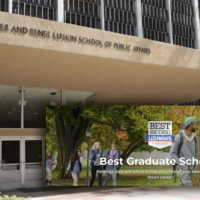
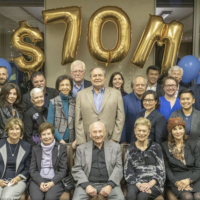
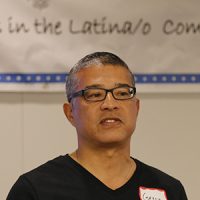


Leave a Reply
Want to join the discussion?Feel free to contribute!